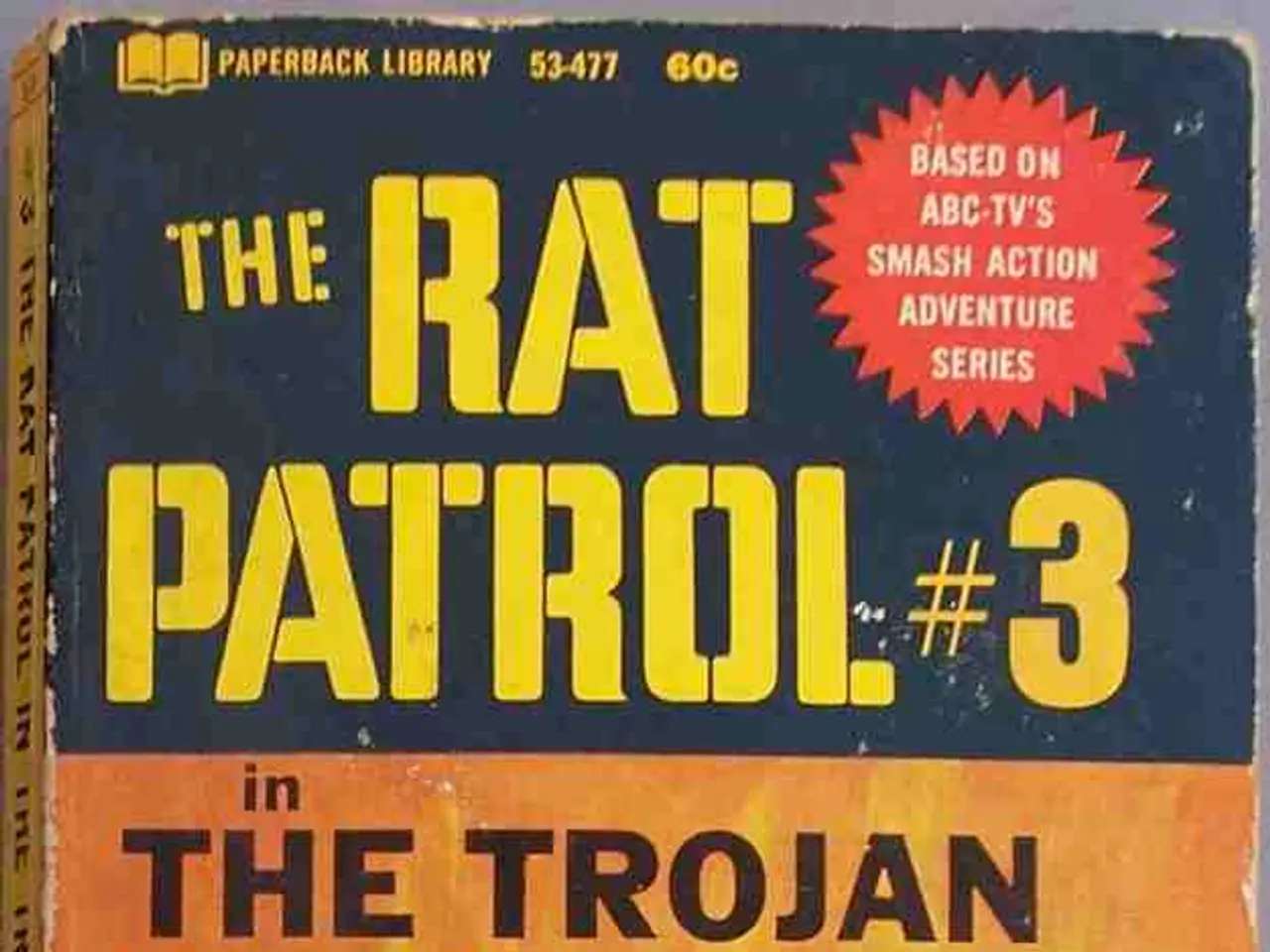"Sheinbaum scales back tensions following Trump's command to militarily target cartels - 'No invasion planned' "
The U.S. government has taken a significant step in its fight against drug cartels, with President Donald Trump signing an executive order early in his second term. The order directs the U.S. military to prepare options for the use of force against certain Latin American drug cartels, which have been designated as foreign terrorist organizations (FTOs) [1][2][3].
Under this directive, the Pentagon is tasked with developing military responses focused on special forces operations, intelligence support, and precision targeting aimed at dismantling these cartels responsible for drug trafficking into the U.S., particularly fentanyl. The State Department has been instructed to designate cartels and transnational gangs, including Mexican groups such as the Sinaloa Cartel, as FTOs. This designation allows for aggressive counterterrorism measures including sanctions, law enforcement actions, and potentially military operations [1][3].
The Treasury Department has also imposed sanctions on Venezuela-based groups linked to these cartels, indicating a broader regional campaign [1]. However, Mexican President Claudia Sheinbaum has publicly rejected any U.S. military operations on Mexican soil, emphasizing cooperation and coordination but ruling out U.S. military intervention within Mexico’s borders [2][3].
Instead, the U.S. administration and Mexican officials are reportedly drafting agreements to enhance intelligence sharing and enforcement coordination to jointly combat cartels, signaling a preference for cooperation rather than unilateral military action in Mexico [2].
In addition to these measures, the U.S. has deployed thousands of active-duty combat troops to the U.S.-Mexico border, although their primary focus appears to be on immigration enforcement, which indirectly impacts the drug flow from these cartels into the United States [1].
The executive order represents a significant escalation in U.S. policy toward Latin American drug cartels, blending counterterrorism and military elements with diplomatic and intelligence coordination efforts. The FBI has asked local police to submit the names of people believed to be linked to the eight criminal groups designated as terrorist organizations. The U.S. is also using drones and spy planes to surveil Mexican drug cartels, and two warships have been sent by the U.S. to patrol the coasts of Mexico [1].
This action would add names to the U.S. government’s terrorist watch list, which contained roughly 1.1 million names as of a year ago. U.S. Secretary of State Marco Rubio stated that the U.S. government could use these designations to "target" cartels. Civil rights groups have complained that designating suspected cartel and gang members, as well as their relatives, as terrorists will drastically expand the number of people on the watch list [1].
Mexico's President Sheinbaum has clarified that the directive does not imply U.S. military crossing the border into Mexico, stating that the U.S. is not going to send its military into Mexico. Sheinbaum's administration was informed about the details of the executive order [2]. Despite the potential for increased tension, the focus remains on cooperation between the two nations in the fight against these dangerous cartels.
[1] The New York Times, "Trump Directs Pentagon to Use Military Force Against Drug Cartels," February 2021. [2] Associated Press, "Mexico Rejects U.S. Military Operations on Its Territory," February 2021. [3] Reuters, "U.S. to Label Mexican Drug Trafficking Groups as Terrorist Organizations," February 2021.
- The U.S. government has directed the Pentagon to prepare options for using military force against certain Latin American drug cartels, which have been designated as foreign terrorist organizations, in an attempt to dismantle them and reduce drug trafficking into the U.S.
- The State Department has been instructed to designate cartels and transnational gangs, including Mexican groups such as the Sinaloa Cartel, as foreign terrorist organizations, allowing for aggressive counterterrorism measures.
- The Treasury Department has imposed sanctions on Venezuela-based groups linked to these cartels, signaling a broader regional campaign against these organizations.
- The focus remains on cooperation between the U.S. and Mexico in the fight against drug cartels, with Mexican President Claudia Sheinbaum rejecting any U.S. military operations on Mexican soil and instead emphasizing intelligence sharing and enforcement coordination.







